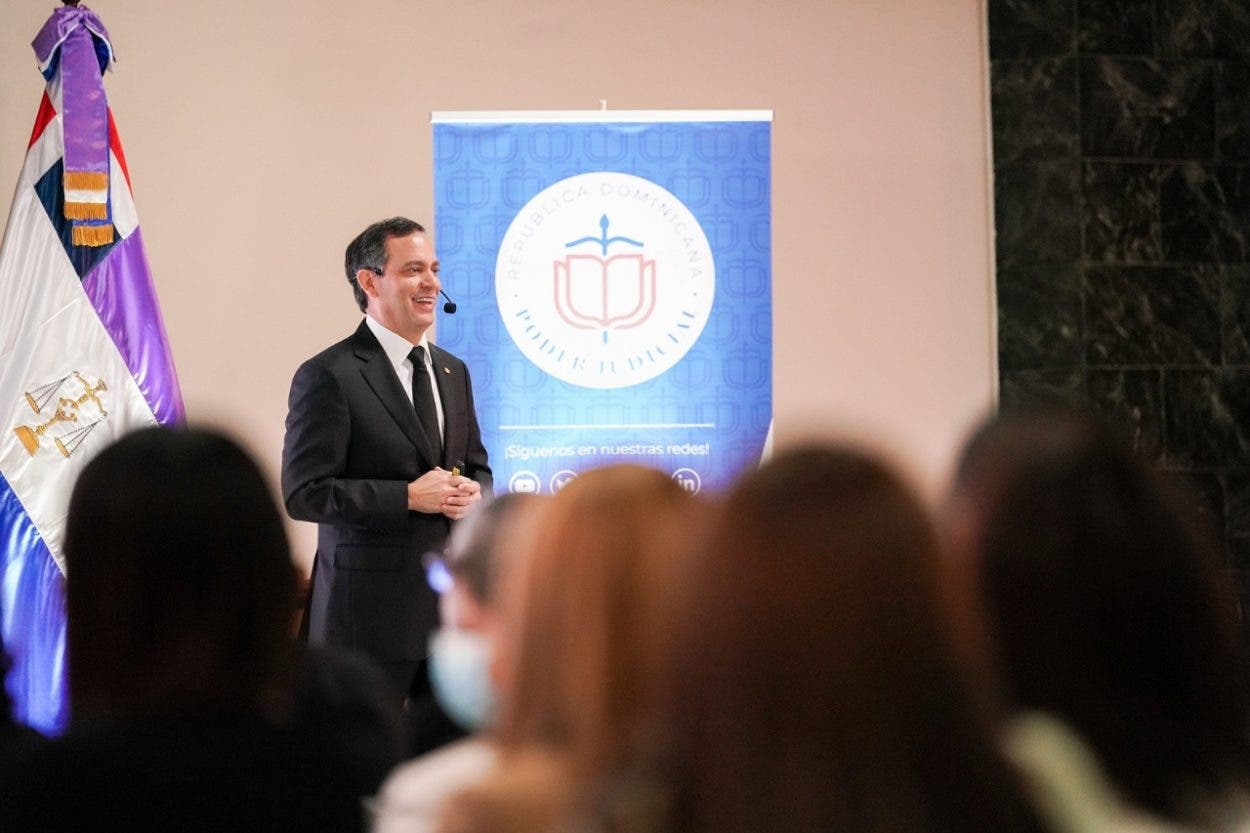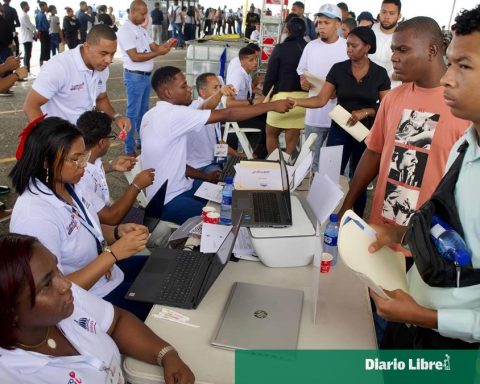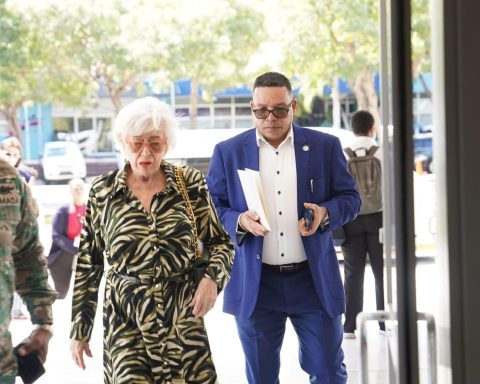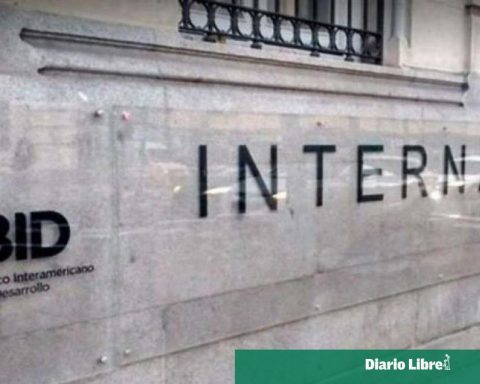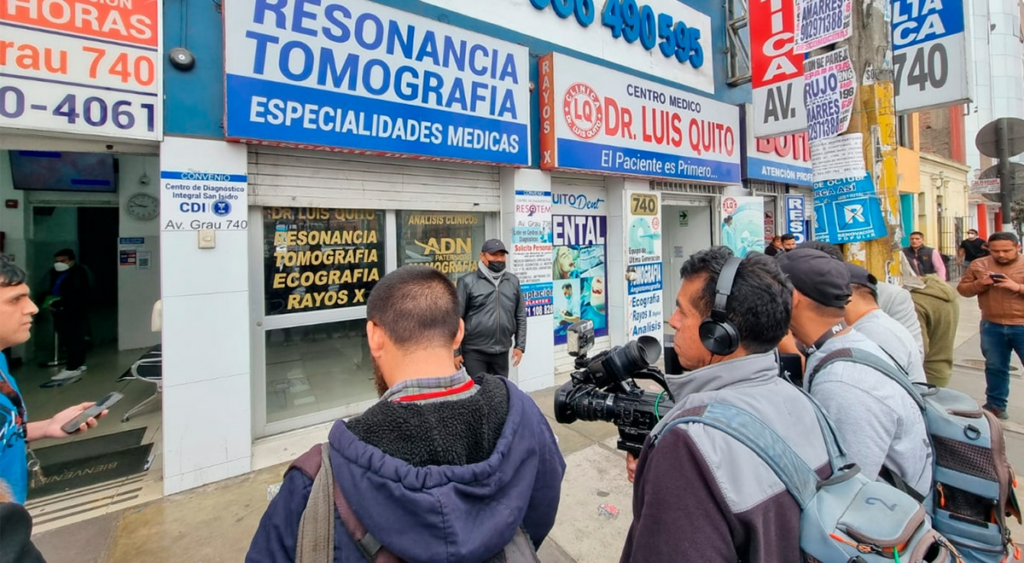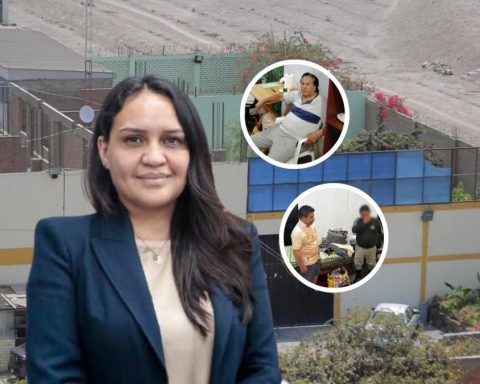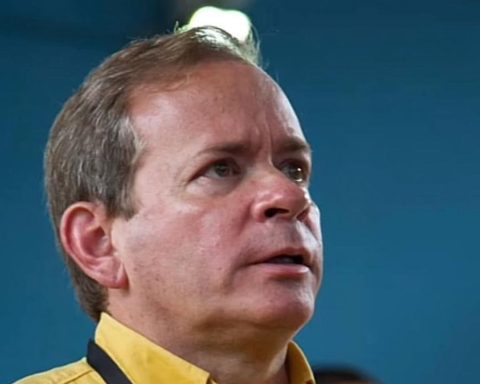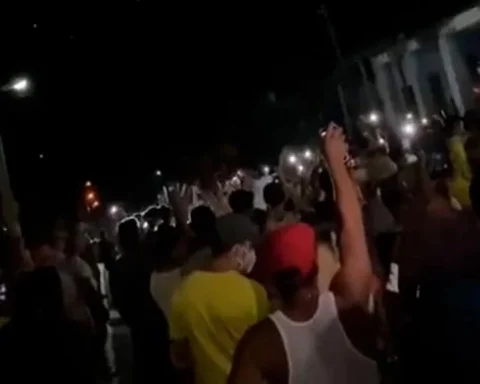The president of the Supreme Court of Justice (SCJ) and the Council of the Judicial Power (CPJ), magistrate Luis Henry Molina Peña, maintained that the great transformation of the Judicial Power consists in putting people at the center of the administration of justice.
Judge Molina Peña made the statement during a meeting with 90 judges from the Judicial Departments of Santiago, Montecristi and Puerto Plata, the fourth of its kind, where he explained the Justice Up to Date strategy to guarantee the dignity of people, as well as the challenges that these departments contemplate in view of this vision.
“We are human beings, we have to have human justice. That is the great transformation of the Judiciary, and to achieve that transformation we have to make regulatory changes, in management and in people, ”he said.
He said that the concept of human dignity is fundamental to all rights. “A justice that does not contemplate human dignity cannot be considered valid. The important thing is to be able to transform the human being and the human being to be able to transform the organization”, he affirmed.
He argued that the modernization of judicial processes and infrastructure, as well as the review of regulations, must go hand in hand with this humanization of justice.
Present at the event were the directors Modesto Martínez Mejía, Bionni Zayas Ledesma and Octavia Fernández; In addition, Judge Arleny Cabral, Judges Juan Aníbal Rodríguez and Juan Suardí, coordinators of the Judicial Departments of Montecristi, Santiago and Puerto Plata, respectively, who presented the progress of each of their departments.
The words of welcome were pronounced by the coordinator of the Judicial Department of Santiago, Judge Juan Aníbal Rodríguez Fernández, who said that providing a timely, efficient and reliable service are fundamental components of the Strategic Plan Vision Justice 20/24 of the Judicial Power, which humanizes the actions of that state power.
“Today we are a more efficient Judiciary, with good standards of ethical behavior and with a holistic view of access to justice for vulnerable people,” he said.
During the activity, the Criminal Process Optimization Program was also presented, whose main objective is to streamline processes, times and management to respond within the deadlines established by current regulations.
The program was presented by Judge Rafael Báez, judge of the First Chamber of the Criminal Chamber of the National District Court of Appeal; the presiding judge of the First Collegiate Court of the Criminal Chamber of the Court of First Instance of the National District, Esmirna Gisselle Méndez; and the coordinator of the Investigating Courts of that jurisdiction, Judge Kenya Scarlett Romero Severino.
